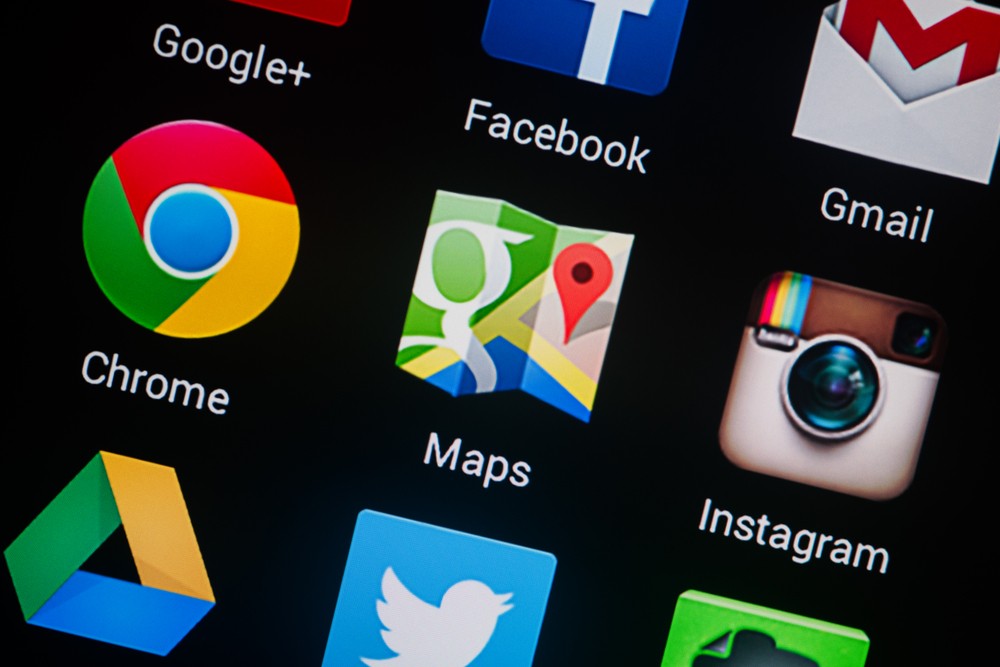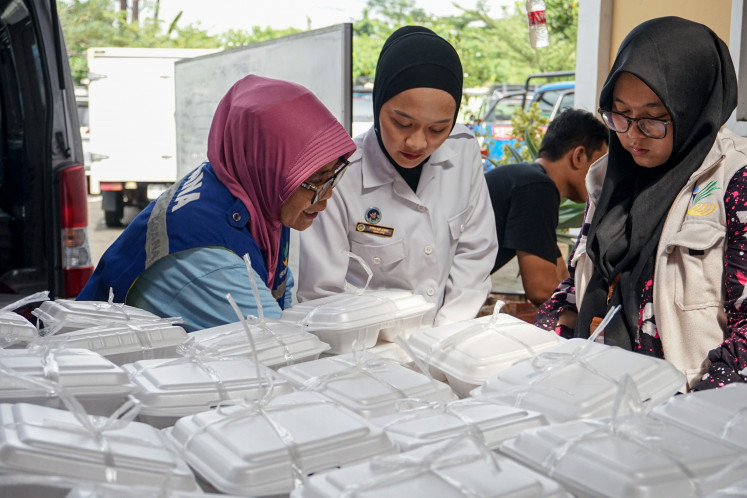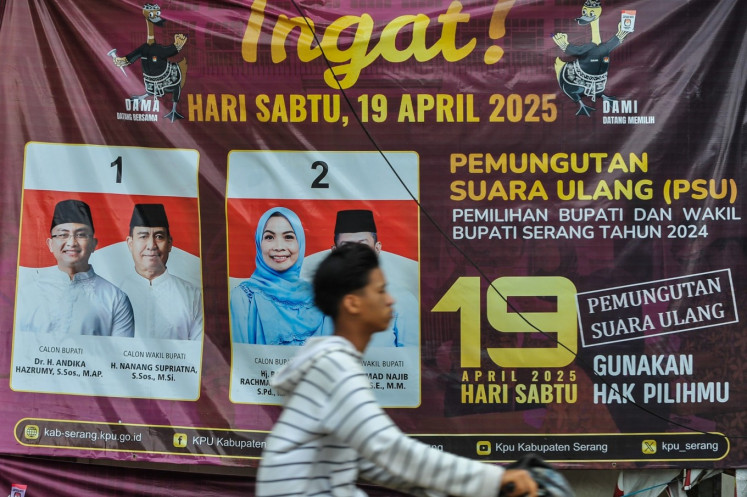Popular Reads
Top Results
Can't find what you're looking for?
View all search resultsPopular Reads
Top Results
Can't find what you're looking for?
View all search resultsTraditional and digital literacy
Indonesia is still struggling to address the challenges in equality, accessibility and quality facing its educational system. So which one do we need to prioritize? Providing accessibility to education, or accelerating digital literacy? I would assume if this question was raised with President Joko “Jokowi” Widodo, his answer would be to prioritize both.
Change text size
Gift Premium Articles
to Anyone
I
ndonesia ranks 60th out of 61 countries surveyed for the list of “World’s Most Literate Nations”. While we are working toward improving “traditional” literacy, which in brief is defined as the ability to read, write and do simple arithmetic, the world has been moving toward “digital” literacy.
The survey caught the attention of US educators as well. America used to be No. 1, but in the past few years Nordic countries have overtaken it, with Finland consistently on top and the US in seventh place. It is interesting to hear comments from fellow educators in the US, who say the rankings shouldn’t be exaggerated because the US educational system is different from that of Finland — for example, in terms of size and homogeneity.
In fact there is no centralized educational system in the US as each state implements its own, which means there are 50 different educational systems.
This reminds me of a comment about the Singapore educational system, which is said to be easily managed because of the country’s size. I would imagine that if every province in Indonesia was committed to the improvement of education, the national educational system would collectively get better, but this will not work. The reality is Singapore and South Korea have managed to transform their poor systems into two of the best in the world thanks to their economies.
Why is literacy important? John Miller has an answer. He says, “Knowledge has always been associated with influence, power and economic success. And literacy has always been the essential vehicle for the acquisition of knowledge. Knowledge and literacy created power in the world. Advantages, both financial and otherwise, were afforded to those who could read and thus acquire, organize and use knowledge.”
In the knowledge-based economy, the educated and literate human resources who possess critical thinking and are creative and innovative could help Indonesia reach the same level of respect as other developed and civilized nations in the world.
Indonesia is still struggling to address the challenges in equality, accessibility and quality facing its educational system. So which one do we need to prioritize? Providing accessibility to education, or accelerating digital literacy? I would assume if this question was raised with President Joko “Jokowi” Widodo, his answer would be to prioritize both.
What is digital literacy? Does WhatsApping, learning from YouTube, or posting in social media constitute digital literacy? With search engines like Google, acquiring information could be much easier. With regards to education, it further emphasizes the importance of “understanding” over “memorization”.
Technology has enabled education and enriched the alternatives to the way people learn.
Nobel laureate Herbert Simon said in 1996 that the meaning of “knowing” had shifted from being able to remember and repeat information to being able to find and use it.
I would suggest that the most important literacy in the knowledge-based economy is how to find, select and use knowledge productively. The main purpose of education needs to shift from passing the standardized test to developing learners’ potential, teach them how to learn sustainably and to unleash their fullest strengths.
With digital literacy, more people will be participating in the current knowledge-based economy. Our government, academics and businesses need to work together so we can narrow the gap between the economy and education. To reach the goal three things need to be done.
First, an independent body under the education minister needs to be established to develop and execute a “literacy transformation strategy” by involving all policymakers, educators, literacy enthusiast across Indonesia. This independent institution should create a shared vision, manage the direction and cultivate all good ideas from the grassroots and unheard voices.
Second, the quality of educators should be continuously improved by providing professional development, better quality control and increasing the standards of certification.
Research shows that students who have more effective teachers will learn much more compared to those who have less effective teachers. Educators should be the facilitators of leveraging new technology and digital literacy to students. In so doing, teachers and students can grow together.
Third, wisdom should be exercised in responding to technology, given the fact that people are merely consumers of new technology.
In the 1920s Thomas Edison predicted movies would forever change the way people learn and that printed books would no longer be needed, but on the contrary, printed books still exist.
There is a fundamental difference between technology now and then, but let’s be wise in understanding technology, its impact and its future use.
Digital literacy offers speed, convenience, economical sense and availability in a larger scale, but there is no “one size fits all” solution with regards to technology.
As Arne Duncan, former US secretary of education said: “If the technology revolution only happens for families that already have money and education, then it’s not really a revolution.”
***
The writer, who holds a post-graduate degree from the JapanAmerica Institute of Management Science in Hawaii, is pursuing a Master’s in educational studies, new media and new literacy at the University of Michigan, US.
---------------
We are looking for information, opinions, and in-depth analysis from experts or scholars in a variety of fields. We choose articles based on facts or opinions about general news, as well as quality analysis and commentary about Indonesia or international events. Send your piece to community@jakpost.com. Click here for more information.










